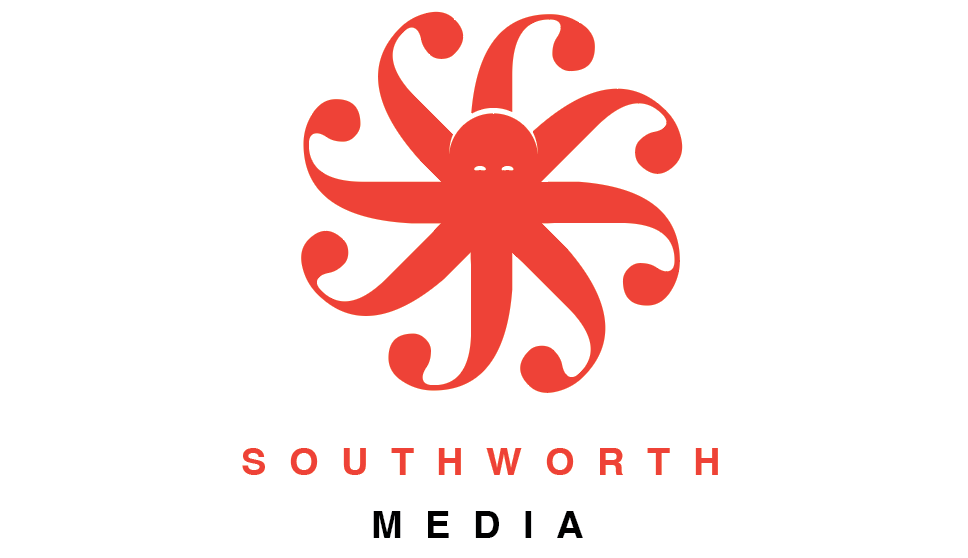- Music Marketing Monday
- Posts
- How the Spotify algorithm actually works
How the Spotify algorithm actually works
Hey friends!
Today we’re going to briefly talk about how Spotify’s algorithm actually works, and how you can take advantage of it to promote your music.
Here it is:
Collaborative filtering: Spotify looks at who listened and engaged, and cross references what they have in common and also like. To simplify this, if 8/10 people who listen to band A also like band B, you should probably show band B to the remaining 2/10 that don’t know them yet. Now do this across millions of artists and listeners…
Audio analysis: Spotify looks at the raw audio of the song and tries to figure out what it is, and who it’s for. This includes BPM, key, but also ‘danceability’ and other cool metrics.
Web crawling: Spotify looks at thousands of websites to see which artists are being talked about next to each other.
Collaborative filtering is the biggest one. By driving people who like your type of music to check out your song and engage with it in a positive manner, you can train Spotify to know who to recommend to.
We even figured out how many streams / listeners you need to do this for certain algorithmic playlists. In the past we used to say 2,500 streams for Release Radar and 10k streams for Discover Weekly. But we recently refreshed these numbers!
This is actually a sneak peek of a study we ran, the video about this along with the extensive data is coming later this week.

To summarize, a popularity index (this is an internal metric used by Spotify to gauge how popular a song is) of 20 on Spotify is roughly what you need to hit Release Radar’s algorithmic push and a 30 is need for Discover Weekly. These are averages, but they’ve held pretty true over the past few years.
The amount of streams and listeners to hit these algorithmic pushes has gotten harder over the past few years though. However, now you know what to aim for. Hit about 3,800 in the first few weeks to get a Release Radar push, and about 13,000 for a Discover Weekly push.
Keep mind though that Radio on Spotify has become much more prominent over the past few years. Our study goes into this as well, more on that in the near future!
Now, if you want to see myself, Jesse Cannon, Matt Bacon and Dustin Boyer talk about the Spotify algorithm check out the episode we uploaded last week about this:
We also discuss if the algorithm is anti-art. But knowing what you know now about how the algorithm works, and how it’s job is basically just to match your song with who is mostly likely to enjoy it - you know that the algorithm is NOT anti-art.
Anyways, enjoy and talk soon!
Whenever you’re ready, there are 4 ways I can help you:
My courses. Spotify Growth Machine teaches you how to use Facebook ads to promote your music on Spotify. YouTube Growth Machine teaches you how to grow a YouTube channel organically and how to use YouTube ads. Fan Growth Machine teaches you how to build a website, online store and grow your email list.
My ad agency Southworth Media specializes in running Meta conversion ads to promote your music on Spotify and other streaming platforms.
Website / Store / Funnels. MusicFunnels and FanFunnels are the best all-in-one platforms for music artists to make a website, online store, sales funnels, build a mailing list and more!
1-on-1 consulting. You can book 1-hour calls with myself or my team here.
New Content
My band dropped their first new song in over 2 years, and so far we've spent over $1,500 promoting in. In this video I go over the Meta ads, the Showcase campaigns and what other promotional methods we used.
In this video I show how you can promote your music on Apple Music, YouTube Music, Tidal etc., basically any DSP other than Spotify.
My Links:
🌍 MusicFunnels - Best website / store / funnels for music artists (get your 14-day FREE trial!)
🧑💻 Consultations
🎬 Get 15% off Melodist music distribution with code ANDREW15 here
Discount / Affiliate Links:
►► FeatureFM - use code ASOUTH30 for 30% off annual plans!
If you’d rather just purchase the e-book, or physical book or audiobook you can do so here.
I hope you enjoyed this edition of Music Marketing Monday! Please give your feedback using the poll below.
How did you like today's newsletter? |
** There are affiliate links on this site, meaning I may receive a kickback when you purchase a product or service using my links at no extra cost to you. I only recommend products I’d recommend to friends, but i’m obligated to inform you that these affiliate links are present. Overall affiliate income is not my focus and is a relatively small part of my income.
In case you’re curious what platform i’m using to run this newsletter, it’s called beehiiv.

Reply